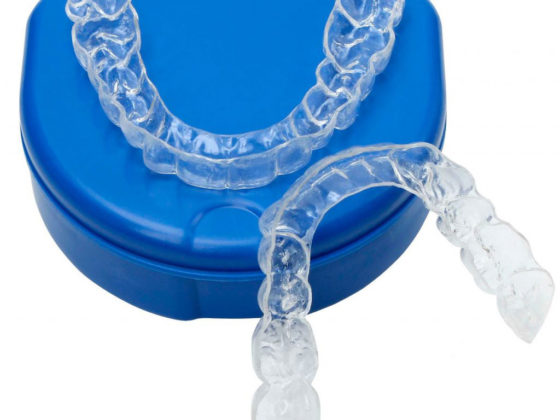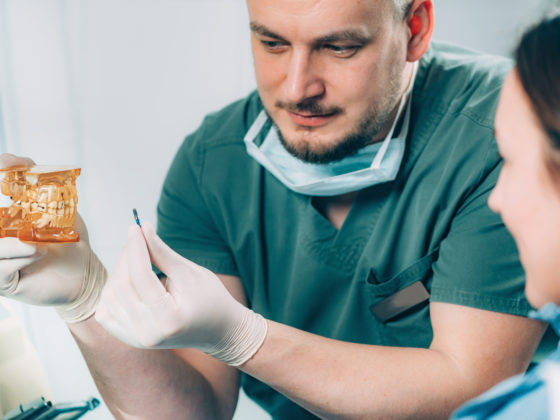Thumb-sucking is a habit that is established early on in life. Very early on. In fact, images of babies sucking their thumbs in the womb are not uncommon. It is estimated that nearly 80 percent of babies and children develop a habit of sucking their thumbs at some point. So, is it really that bad for kids to suck their thumbs, and at what point should they kick the habit? At what point does this seemingly innocuous habit become detrimental to our dental health?
There are two factors that determine whether thumb-sucking will damage teeth: age of the thumb-sucker and extent of the habit. Most dental experts agree that the habit of thumb-sucking or pacifier use won’t negatively affect baby teeth. But by the time permanent teeth start arriving, around age 6 for most children, the habit needs to be put to bed. Once permanent teeth are in place, thumb-sucking has a higher chance of causing lasting damage to the teeth.
Lasting damage caused by this popular habit include malocclusion (abnormal alignment of the teeth), damage to the structure of the mouth’s roof, or buck teeth. Any of these conditions will require a visit to the dentist or orthodontist. If you are having difficulty helping your child kick the habit, or are worried about the effects, consult a local dentist. In Kanata, dentistry isn’t hard to find. Marchwood Dental’s Kanata dental clinic is a great place to start when combating the effects of this prevalent habit.
The alterations in dentition caused by extensive thumb-sucking can result in speaking with a lisp or other speech problems. Occasionally malocclusions will correct themselves once a child stops sucking their thumb, but unfortunately the misalignment often requires dental care.
To end the thumb-sucking habit once and for all, bring your little one to a Kanata dental expert to explain the effects on their teeth. Use positive, rather than negative, reinforcement to avoid causing stress which will usually only entrench the habit further. Try putting gloves or mittens on the child’s hands at night, when thumb-sucking would be most prolonged. As a last resort, dentists can apply a device that will discourage thumb sucking by making it uncomfortable and mildly painful to suck one’s thumb.
Before resulting to a costly, uncomfortable device, one thing to keep in mind is that children often develop thumb-sucking habits as a response to stress. Stress can include a new baby in the house, going to school for the first time, or even a bully in the classroom. Alleviating the anxieties affecting your child can often ease them out of the habit.
Thumb-sucking is normal and natural in young children. And while kids still have their baby teeth, the habit is rarely permanently damaging. Don’t panic if your child develops this habit in their early childhood. Keep an eye on the activity and any causes for intense or prolonged perpetuation of the habit. If your child struggles with thumb-sucking after developing permanent teeth, visit a Kanata dental clinic and prevent lasting damage. Life is hard enough without buck teeth.



